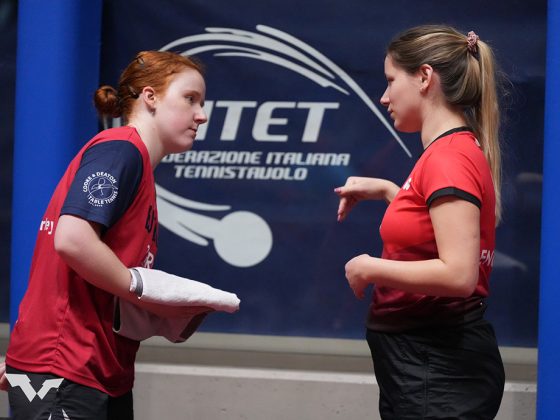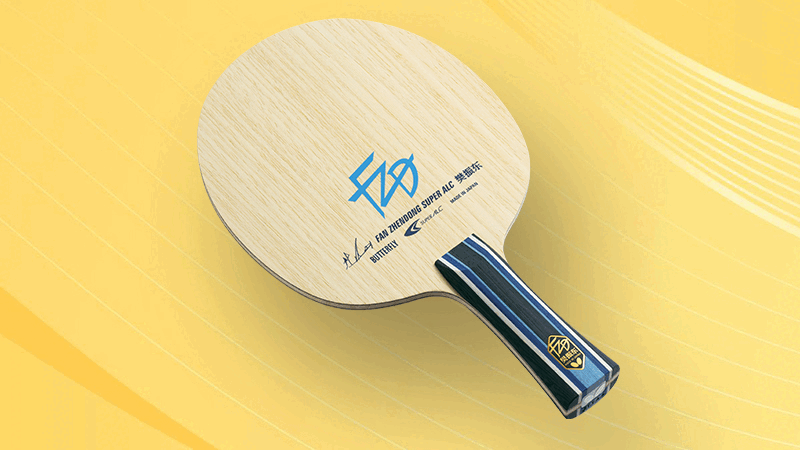The first cohort of 10 coaches have been selected for the SHEcoaches initiative which aims to identify and upskill the next generation of female talent and performance coaches.
They include current performance players Emily Bolton and Mollie Patterson, as well as coaches of a variety of ages and experiences.
The full list (in alphabetical order) is: Juliet Bertie, Emily Bolton, Gracie Edwards, Joanne Green, Emma Harradine, Rebecca House, Colette Neenan, Mollie Patterson, Eva Toth, Amanda Worne.
The cohort covers a wide range of backgrounds and includes already experienced coaches, as well as players looking to make the transition into coaching.
Juliet Bertie, who is a Table Tennis England Women and Girls Ambassador as well as a Level 1 coach, is excited by the potential of SHEcoaches to create playing and coaching pathways for female players, as well as enhancing diversity in the sport.
She said: “I am excited to be part of the SHECoaches initiative, as this is driven by my passion for table tennis and a commitment to promoting inclusion, equity and diversity in the sport. My goal is to become a Level 4 Coach and inspire young talents from diverse backgrounds.
“Joining SHECoaches aligns with my vision, offering a platform to address challenges faced by female coaches and players. Personally, I aim to gain international coaching opportunities through the Talent ID programme and contribute to the long-term impact on women’s table tennis.
“This initiative not only facilitates my personal growth but also contributes to creating a more inclusive and diverse environment within English table tennis. “I believe SHECoaches has the potential to empower female coaches, enhance opportunities for aspiring players, and positively impact the talent and performance pathway in English table tennis.”
Gracie Edwards hopes the initiative will create more opportunities for high-quality coaching for talented female players, something she struggled to find as a talented junior.
She said: “As a young talented player living around north east Essex, I found it pretty impossible to access regular good-quality coaching without having to travel a minimum of 100 miles round trip for a one or two-hour coaching session, on school nights – which meant one session a week and that was only because my grandparents were there to taxi me around.
“Many of the girls I competed against had access to good facilities, coaching and mentoring on their doorstep, training three to four times a week. They would all turn up to tournaments with their own coach and a mentor – I turned up with my grandad (who, by the way, was great!).
“But when it came to working on physical, nutritional and mental agility as part of the whole game of table tennis, those living in and around the big table tennis centres had great support and were ‘in the know’, when it came to the tactical side of tournament play.
“I want to help to change that and really profile table tennis for young girls and female players generally, wherever they are geographically. There was one female coach in my area (now moved to enable her to be more central) when I was looking for someone to coach and train me. At 12/13 years old, I felt more comfortable and confident with a female coach.”
Gracie is studying to become a teacher, with a focus on PE, and she added: “Being part of this programme will give me the tools and techniques to identify young female talent and hopefully encourage and train a new cohort of female table tennis players and, going forward, more female coaches.”
The cohort will go through an induction session on December 13, with the scheme getting under way in January 2024.
What is SHEcoaches?
SHEcoaches is supported by SportsAid, which has invested £20,000 through its Backing The Best initiative to fully fund it for two years.
The key aims of the programme are to:
- Build a pool of female coach mentors
- Build a community of practice for female coaches supporting pathway activity
- Produce the next generation of female coaches at the talent and national team level
- Provide increased opportunities for female coaches
- Provide pathway exit opportunities for female players to progress into coaching from diverse backgrounds and coaching in low socioeconomic areas to engage in the talent and performance system
- Spot female coaches with potential and support them to develop the necessary skills to coach at a high- performance level
- Provide talent ID opportunities for girls – supported by an all-female coaching team






